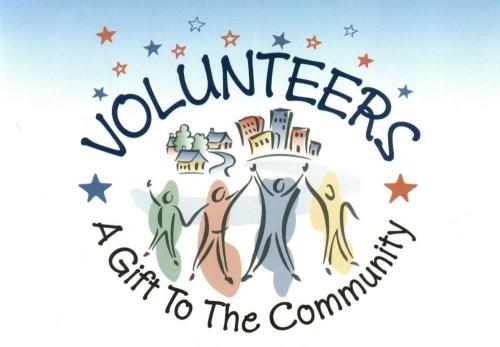
In a previous piece I tried to offer some rationale to set up a National Volunteering Agency that should be the central body for enhancing volunteering efforts in Nepal. The Agency would have a very limited focus and should not have any competitive agenda with the Social Welfare Council that will remain the apex body to regulate I/NGOs in the Country. The proposed Agency instead should play a complementary role with a specific focus to reach out the volunteering experiences at local level and meet the expectations of an increasing number of volunteerism promoting organizations. Besides playing a very important role as enabler and facilitator, the Agency should promote, coordinate and monitor all the volunteering activities happening around the country.
Promoting
It is very important to advance the cause of volunteerism at all the levels throughout society, ensuring that the society at large fully comprehends its power and potential.
The Agency would be in a unique position to celebrate the achievements of the sector, ensuring also adequate visibility and recognition to traditional and informal methods of civic engagement.
Strategic communication will have a very important role in the overall mission of the agency by designing and coordinating and facilitating national campaigns and events to recognize at the local as well as the national level the achievements of the sector.
Indeed, coming up with the right “message” is essential to creating collective interest about volunteerism, helping to generate a new understanding and contributing to mainstreaming at all levels of the development discourse. Partnerships with the private sector, including the national mass media, will be essential in this endeavor.
Coordination
It will be indispensable for the Agency to deeply scope the national not for profit landscape in order to reach out to more organizations and associations which are meeting the above proposed minimum volunteering denominator.
Reaching out to new stakeholders by going beyond the traditional players will help gain more traction within civil society, especially among youth organizations, as well as, those active in the ageing sector, the latter a segment that could immensely contribute to the strengthening of volunteerism in Nepal.
By reaching a more critical mass, the volunteering sector will have stronger “leveraging” power while “navigating” and negotiating its role within the broader spheres of the society.
A simple exercise that could be easily implemented would be the creation of an informal network of agencies and organization actively working in the field of volunteering.
The involvement of corporate sector players should be prioritized because of the positive effects that corporate volunteerism could potentially play.
Corporate volunteering, the practice of design schemes to motivate and incentivize the staff of a company to donate their time and skills in different social initiatives, has a great untapped potential for forging new synergies and partnerships at all levels of society.
Benefits would not only be at societal level but also within the same private actors, with an increased level of motivation and stronger skills developed by corporate volunteers.
Monitoring
While the overall monitoring of not for profit organizations, including volunteering entities will remain the exclusive purview of the Social Welfare Council, the national volunteering Agency should play a limited and well defined supporting role, ensuring that those entities mobilizing volunteers and promoting the cause of volunteerism can adhere to the highest standards available.
For this reason, the National Volunteering Agency should work towards the establishment of key performances indicators by setting up a quality framework related to volunteerism in the country. The agency could look overseas for some examples in this regard. For example the Investing in Volunteers (IiV) framework in the UK offers standard for good practice in volunteer management.
The national Agency should facilitate a common understanding about quality volunteering in the country in such a way that also traditional and informal way of volunteering would be fully recognized.
In this regard the National Volunteering Agency could come up with its own standards with a “voluntary” compliance system directly administered by the agency.
No organizations or entities would be mandatorily or forcefully asked to comply with the compliance system therefore it would be up to the organizations to decide if they want to undertake the certification process in order to prove their adherence to higher standards of practice.
It should be clear that the proposed quality certification, as all the certification processes, would not carry any legal value but would only offer benchmarks and a platform to test the quality of the work being done.
A more radical approach, that could be gradually implemented, would allow the use of the volunteering “label” only to organizations undergoing the above mentioned compliance system. The technical modalities and options can be studied and analyzed in order to come up with something adoptable to Nepal.










Add new comment